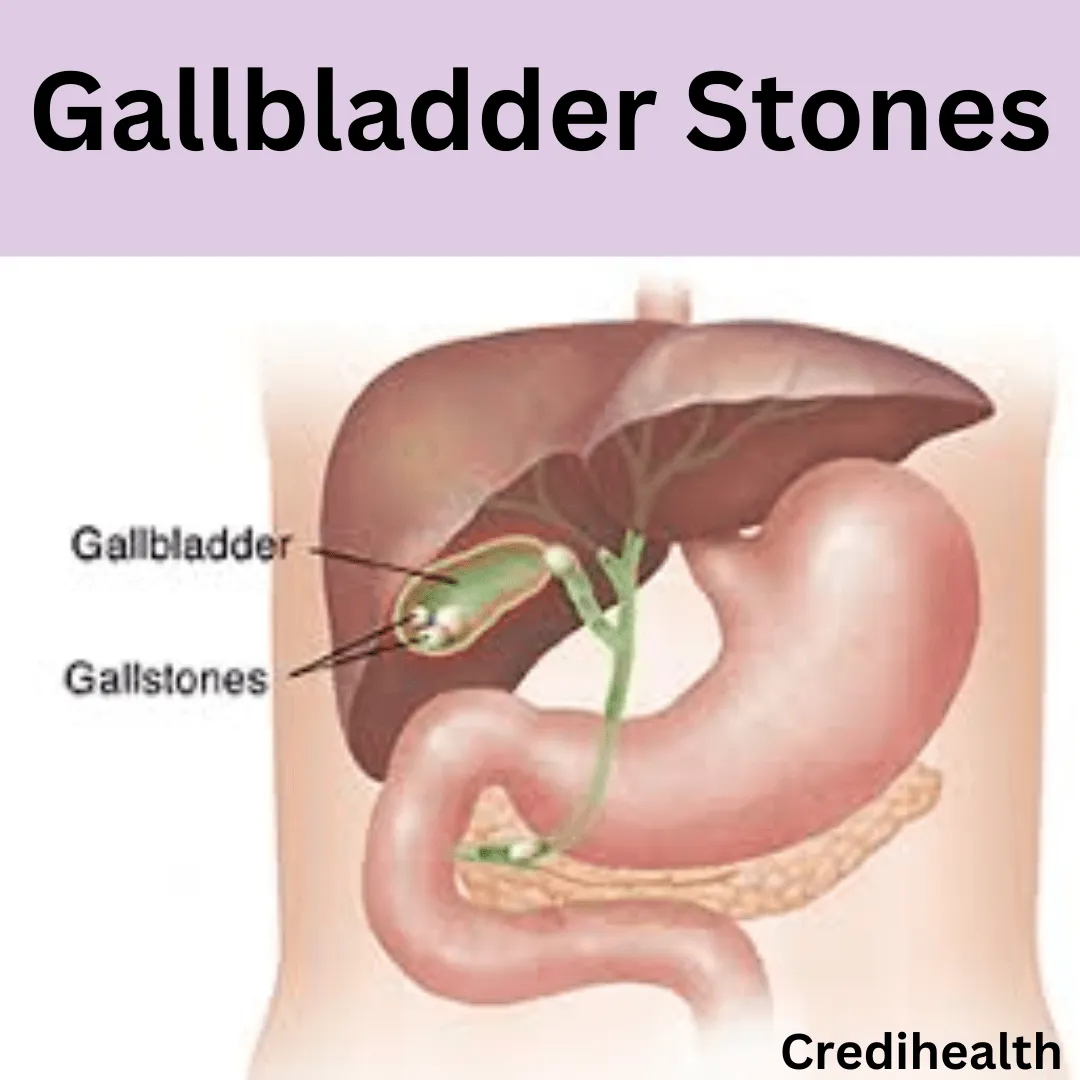Bronchitis causes inflammation and swelling in the bronchial tubes, which connect the nose and mouth to the lungs. Bronchitis symptoms include coughing, wheezing, and trouble breathing. People may also experience difficulty eliminating thick phlegm or mucus in their airways. It can be acute or chronic. Acute bronchitis normally resolves independently, whereas chronic bronchitis persists and never entirely resolves. A persistent cough develops as the human body tries to expel the mucus. This article will look into bronchitis, its symptoms, causes, and treatments, so continue reading to know more.
What is bronchitis?
Bronchitis occurs when the bronchial tubes, which provide air to your lungs, become inflamed and enlarged. You cough due to the swelling and mucus buildup when your breathing passages (trachea and bronchial) get irritated. From a few days to a few weeks, your cough may continue. Most often, acute bronchitis is brought on by viruses. Bronchitis, both acute and chronic, can be brought on by smoke and other irritants.
Different types of bronchitis:
The bronchial tubes become inflamed due to a virus, bacterium, or irritating particles. A major risk factor for bronchitis is smoking. However, it can also strike nonsmokers.
Acute bronchitis
- viruses, such as the cold and flu virus
- exposure to elements including cigarette smoke, dust, fumes, vapor, and air pollution that irritate the lungs might result in a bacterial infection.
- Acute bronchitis is more likely to strike those who:
- Smoking or breathing in secondhand smoke, having asthma or an allergy, or experiencing a virus and bacteria that produce inflammation
- Daily hand washing and avoiding smoke and other contaminants are two ways to prevent illness.
Chronic bronchitis
Recurrent tissue irritancy and harm to the lungs and airways. Smoking is the most typical cause; however, not all people with bronchitis smoke. Additional root causes include: Long-term exposure to the environment's dust, gases, and pollution. Genetic factors acute bronchitis that flares up frequently, a history of a respiratory condition, or gastroesophageal reflux disorder The risk of these diseases is higher in people with asthma and allergies. Avoiding smoking is the greatest approach to preventing chronic bronchitis.
What are the signs and symptoms of bronchitis?
The most common sign of bronchitis is a chronic cough that lasts up to three weeks. When you cough when you have bronchitis, you often produce mucus; however, you occasionally cough up dry mucous. Additionally, wheezing (a breathing disorder) may cause you to make a blowing or rattling noise.  There could be further signs as well, like:
There could be further signs as well, like:
- Dyspnea, which is a lack of breath.
- Fever.
- Running nose.
- Tiredness; feeling worn out.
Your airways enlarge and accumulate mucus when you have bronchitis. By shaking hands, hugging, or contacting the same surfaces as someone with bronchitis, you can contract the bacteria and viruses that cause the condition. You don't need to have bronchitis to infect someone else with a virus and cause them to develop bronchitis. You breathe in other irritants like smoke or pollution
What are the causes of bronchitis?
The irritation of your airways, known as bronchitis, is not contagious, but bacteria and viruses that can trigger it are. For instance, you can develop bronchitis along with the flu. Their airways don't become inflamed as yours did when your friend contracted the flu from you. Most frequently, viruses cause bronchitis. It can be brought on by almost anything that irritates your airways. Causes of bronchitis that are both infectious and noninfectious include:
- Viruses. Adenovirus, coronavirus, respiratory syncytial virus, also known as (RSV), rhinovirus (the common cold), and influenza (the flu) are some of the viruses that can cause bronchitis.
- Bacteria. There are other bacteria, such as Chlamydia pneumonia, Mycoplasma pneumonia, and Bordetella pertussis, that can cause bronchitis.
- Pollution.
- Marijuana (cannabis) or cigarette smoking.
What is the treatment for bronchitis?
Bronchitis treatment involves a combination of rest, hydration, over-the-counter cough suppressants and expectorants, and, in some cases, prescribed medications such as bronchodilators or antibiotics, depending on the underlying cause (bacterial or viral). If you have bronchitis, your doctor may suggest you to: Use OTC drugs, such as ibuprofen, to treat your symptoms Coughing and any associated pain can be relieved with over-the-counter medicines. Acute bronchitis eventually goes away, frequently on its own. Chronic bronchitis symptoms may disappear or become better temporarily. However, they will return or worsen again, particularly if exposure to smoking or other triggers occurs.
Cough medicine:
While medication can offer comfort, especially at night, coughing is still helpful in clearing mucus from the airways in the lungs. These bronchitis medicines help relax and widen the airways, making it easier to breathe. They are often prescribed for bronchitis with symptoms of wheezing and difficulty breathing.
Honey consumption:
Two tablespoons of honey may help with cough & bronchitis symptoms. Honey is often used to soothe sore throats and coughs. It can help provide temporary relief by coating the throat and reducing irritation. Mixing honey with warm water, tea, or lemon is a common home remedy for these symptoms.
Humidifier:
Humidifier can help reduce wheezing, increase airflow, and release mucus. A humidifier adds moisture to the air, which can help alleviate dryness and irritation in the bronchial tubes. This can be particularly helpful in cases of bronchitis, as the airways may become dry and inflamed.
Bronchodilators:
Bronchodilators are medications that work by relaxing and widening the airways in the lungs. They help to relieve bronchial constriction, reduce inflammation, and improve airflow. The bronchitis treatment helps alleviate symptoms and improve breathing.
Steroid and anti-inflammatory medications:
These can aid in reducing inflammation, which can lead to tissue damage. Corticosteroids, commonly referred to as steroids, are anti-inflammatory medications that help reduce swelling and inflammation in the airways. They can be administered orally, inhaled, or in some cases, injected.
Oxygen therapy:
In serious conditions, a person may require additional oxygen to help them breathe easier. Oxygen therapy aims to increase the amount of oxygen available to the body, ensuring adequate oxygenation of tissues and organs. It can help relieve symptoms, improve breathing, and enhance oxygen saturation.
Behavioral treatments:
Reducing a lung irritant, such as quitting smoking; strengthening the chest muscles; and exercising to improve breathing. Pulmonary rehabilitation improves breathing techniques. Breathing exercises like pursed-lip breathing can assist in slowing breathing down and improving efficiency.
Antibiotics:
A doctor may advise antibiotics if a bacterial infection causes acute bronchitis. Taking medicines may also help avoid a secondary illness.
How will bronchitis be Diagnosed?
A medical professional will physically examine and listen to the lungs with a stethoscope for any strange sounds. Another question they might put to someone is: Whether they smoke or have recently been exposed to smoke from others, fumes, dust, or air pollution. Their symptoms, particularly the cough. Their medical history is if they have recently been sick with the flu or a cold. The physician might also:
- To check for viruses or bacteria, swab some of your sputum.
- Prescribe an X-ray of the chest, a pulmonary function examination, or blood tests to examine the person's blood oxygen levels.
What are the risk and complications of bronchitis?
Pneumonia is the most typical bronchitis side effect. If the infection progresses deeper into the lungs, this may occur. Pneumonia causes the air sacs in the lungs to swell with fluid. Older people, those who smoke, those with other health disorders, and those with lower immune systems are more prone to acquiring pneumonia. It may be fatal and requires medical intervention.
- Everyone can get bronchitis; some things may consider a risk, smoke or spending time with smokers.
- have COPD, asthma, or another respiratory disorder.
- GERD (chronic acid reflux) is present.
- Air contaminants (such as smoke or toxins) are present.
Your immune system enlarges your airways, and mucus fills them when irritated. To get rid of the mucus, you cough. You will continue to cough if there is mucus and inflammation in your airways. Bronchitis may worsen (exacerbate) an existing ailment if you have it, such as chronic obstructive pulmonary disease, diabetes, asthma, or heart failure. Any ongoing conditions should be disclosed to your healthcare provider. Avoiding viruses and other lung irritants can significantly lower your risk of developing bronchitis.
Conclusion -
Bronchitis symptoms often include persistent coughing, chest congestion, wheezing, and difficulty breathing. Keeping your risk of contracting a cold or the flu down is the greatest approach to preventing bronchitis from occurring.
- Consistently wash your hands.
- Keep your distance from too many people when you're together.
- As a precaution against spreading germs, cover your cough.
- Put on face masks or a cloth to cover your mouth and nose.
- Stay away from smoking and passive smoking.
Avoid dust, mold, pet dander, and chemical fumes (such as those from cleaning supplies, paint, and varnishes); if you have to breathe in these things, wear a face mask that protects your mouth and nose. Your immune system will remain robust if you maintain a nutritious diet and sleep well.
You can visit the Best Cardiologist in Dwarka or the Best Cardiologist in Shimoga for the right treatment.

Reviewed by